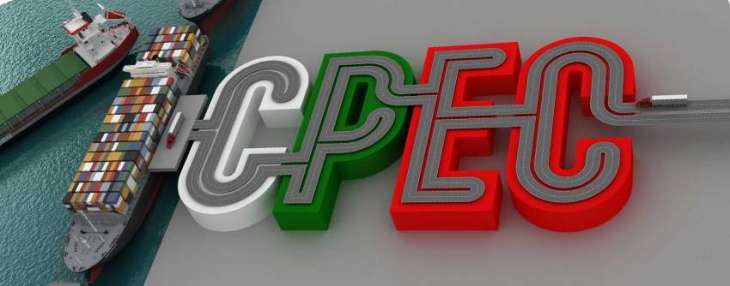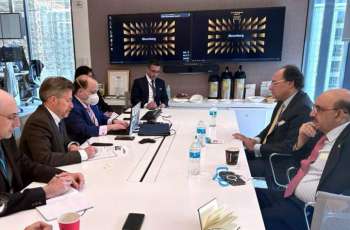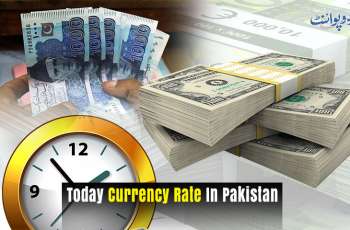China-Pakistan economic corridor (CPEC) enjoys the Global support as China marked the fifth anniversary of the "Belt and Road" Initiative on Monday
Beijing, (Pakistan Point News - 14th May, 2018) : China-Pakistan economic corridor (CPEC) enjoys the Global support as China marked the fifth anniversary of the "Belt and Road" Initiative on Monday. The BRI has already been signed by more than 60 countries of the World and it is the biggest-ever connectivity plan or project of cooperative partnership, reflecting the President Xi Jinping's vision of shared destiny or common development. The past five years have seen the concept of the program being turned into concrete actions and results.
It is pertinent to note that the CPEC is pilot and major project of BRI. On 20 April 2015, Pakistan and China signed an agreement to commence work on the $46 billion agreement, which is roughly 20% of Pakistan's annual GDP, with approximately $28 billion worth of fast-tracked "Early Harvest" projects are likely to be completed by the end of 2018. Experts expect the initiative to play a pivotal role in forming a new landscape for China's comprehensive opening up, as well as global development.
Official data suggest the Belt and Road Initiative is gaining momentum in countries and regions all over the world. By the end of April this year, China had signed 101 deals with 86 countries and organizations in a wide range of areas under the initiative. In the past five years, China's trade volume with countries along the Belt and Road routes has exceeded five trillion US dollars. Last year, China's trade volume with those countries grew by 14.
2%, marking a record growth in six years. Also in 2017, China's imports from these countries were worth over 666 billion US dollars, accounting for a fourth of China's total import value. Professor Hu Biliang with Beijing Normal University believes the results demonstrate the initiative's stimulating effect to China's economy, as well as its potential to foster world development. "The Belt and Road Initiative was proposed in 2013 when the world economy suffered a recession.
The initiative stimulates investment, consumption and job creation through infrastructure building, bringing huge financial income to countries along the routes and fostering the global economic growth, especially among developing countries. It provides a new impetus to world economic growth." Recent data suggest the benefits unleashed by the Belt and Road Initiative began to stand out in 2017: under its framework, Chinese companies have established economic and trade zones in over 20 countries, bringing 1.
1 billion Dollars in tax income to those countries and creating over 180,000 jobs. A new report suggests the initiative also unleashed benefits in bridging the digital gap, promoting education and facilitating cooperation in cultural communication and medical care. Yang Changyong with the Chinese academy of Macroeconomic Research explains the new concepts of opening up brought by the Belt and Road Initiative. "First, any opening up strategy must be conducive to creating win-win situations.
We could see that the Belt and Road projects can benefit China and other participating countries. Second, it must be built upon win-win cooperation. The opening up process should be fostered with mutual consultation instead of force. Third, communication on policies must precede the process of opening up." As globalization brought challenges, Yang Changyong believes the Belt and Road Initiative can help resolve the dilemma of economic globalization and the promotion of balanced, inclusive and sustainable development across the world.
"Every country wants to expand export and gain markets. Under such circumstances, China voluntarily opened up its middle to high-income market of 1.3 billion people and welcomed the entrance of foreign commodities, services, capital, technology and talents. This in fact has injected strong vitality and confidence to the world economy. It also reflects China's contribution to the sustainable, balanced and inclusive growth of the global economy." In 2013, Chinese President Xi Jinping proposed the Belt and Road Initiative, which covers the Silk Road Economic Belt and the 21st-Century Maritime Silk Road.




